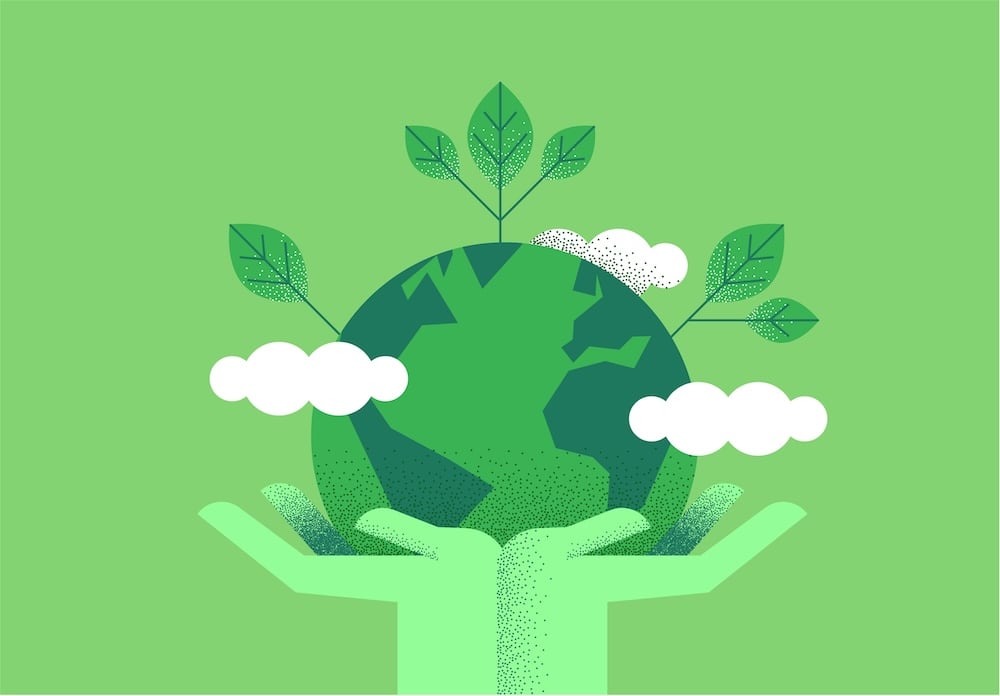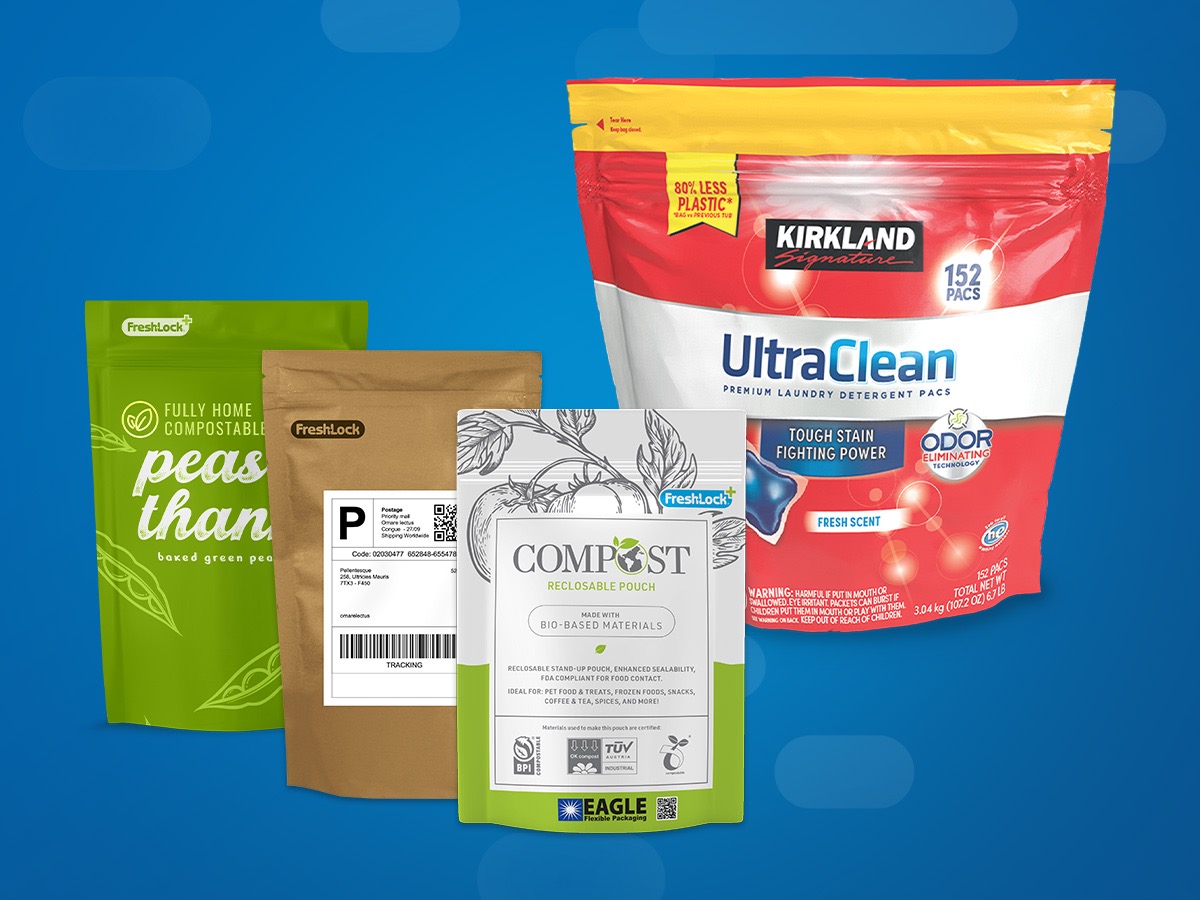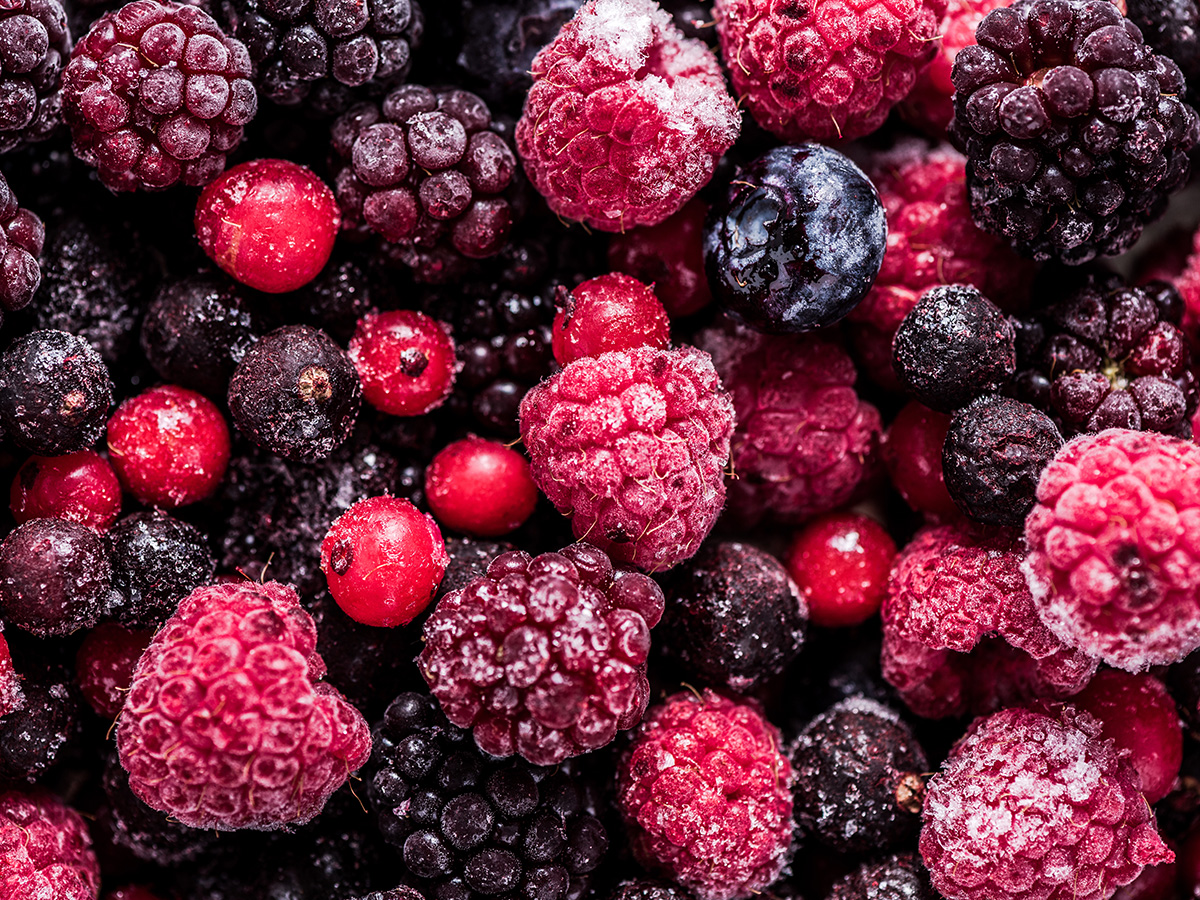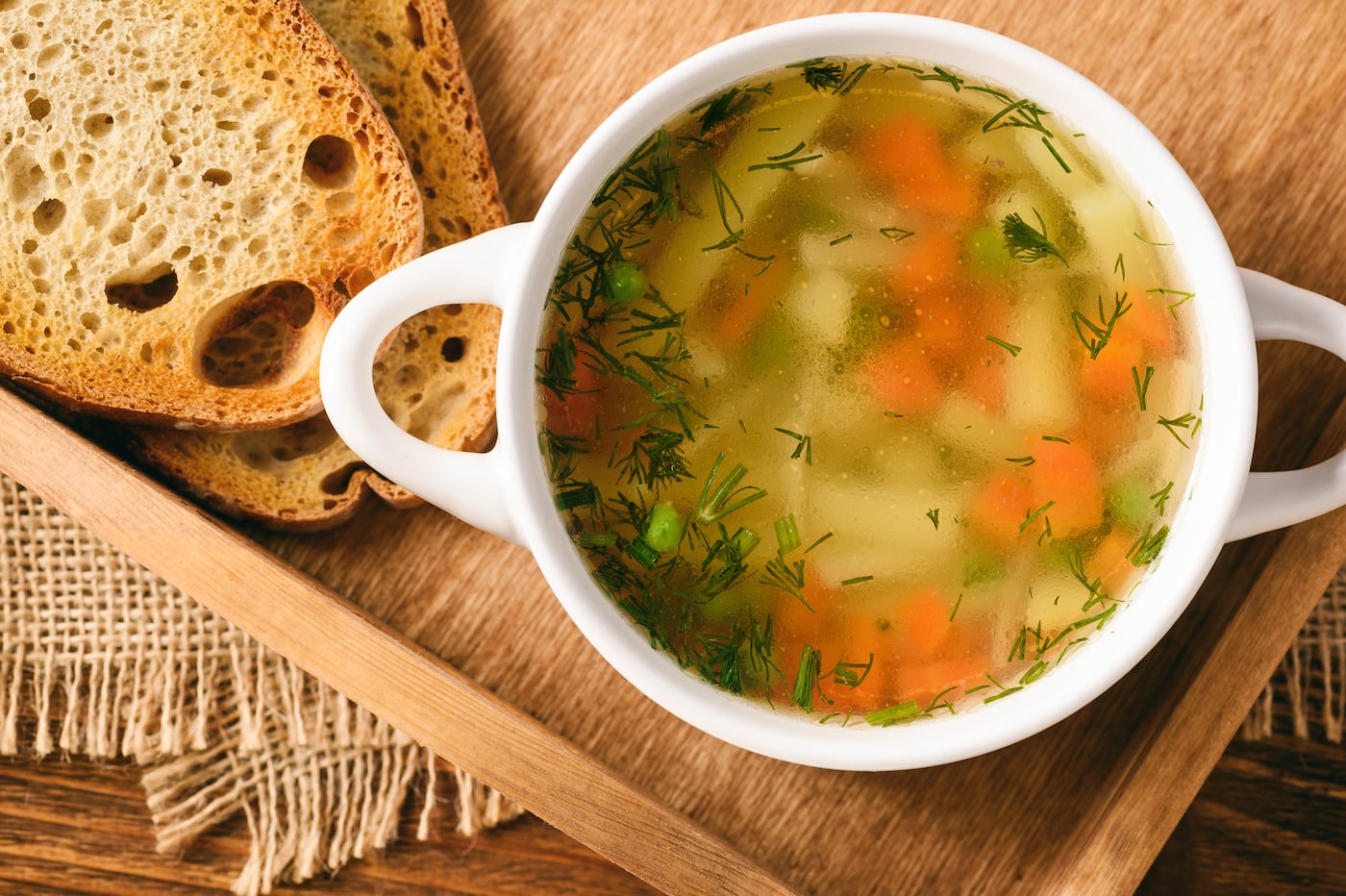
Packaging for the Planet: Make Every Day Earth Day With Sustainable Solutions
On Earth Day, we are reminded of the profound impact climate change has on our planet, our lives, and our future. It serves as an annual reminder of our responsibility to help protect the environment and ensure a sustainable future for generations to come. As we celebrate and honor the progress made by the environmental movement, it’s crucial that we also amplify awareness, foster education about ongoing environmental issues, and drive meaningful change.
Understanding Earth Day’s Significance and How it Relates to Packaging
While Earth Day began as a national movement back in 1970, by 1990 Earth Day expanded onto the global stage, with over 200 million participants in more than 140 countries coming together to advocate for environmental stewardship. Since then, Earth Day continues to be a worldwide phenomenon, uniting citizens and activists in a collective effort to raise awareness and spur action on pressing environmental concerns.
Celebrated on April 22 in the United States and either on April 22 or the spring equinox throughout the rest of the world, Earth Day marks a pivotal moment for reflection and action. While sustainable packaging solutions remain a hot topic year-round, they are imperative for the viability of our planet. With 2025 just a few months away, the packaging sector is poised to witness a profound shift as brands intensify their push to meet sustainability targets by next year.
As we observe Earth Day, the Fresh-Lock team not only celebrates how far we’ve come as an industry, but also looks to the challenges and opportunities that lie ahead. We recognize the importance of catering to consumer demand for sustainable practices and embrace the mission of helping create a brighter, greener future.
Source Reduction of Plastic Packaging Materials
While recyclability remains a major focus for many brands, there are additional ways packaging can support circularity and minimize environmental impact.
At the forefront of the waste management hierarchy is source reduction—a method that aims to eliminate waste at the start of a product’s lifecycle by reducing the amount of raw material used. Transitioning from rigid to flexible packaging is a practical and effective first step in the right direction.
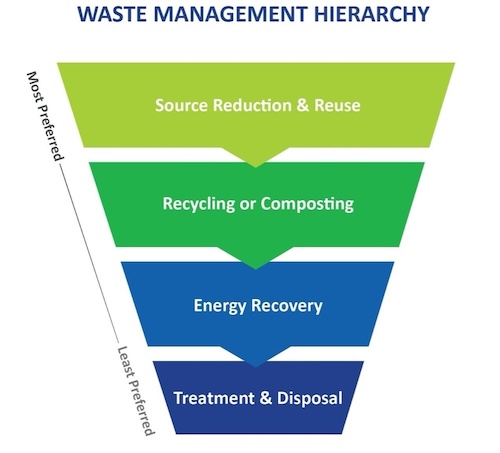
Flexible packaging offers several advantages in terms of source reduction. By utilizing less material in its production compared to its rigid counterparts, it inherently contributes to waste reduction. Moreover, the lightweight nature of a flexible pouch often requires less energy during manufacturing and the benefit of reduced carbon emissions during transportation compared to bulkier rigid containers, making it an eco-friendly choice across the entire lifecycle of the product.
Case Study: Kirkland Signature® Commitment to Sustainability
In collaboration with the Fresh-Lock team and other sustainability-focused suppliers, Costco’s Kirkland Signature® Ultra Clean Premium Laundry Detergent Pacs adopted an award-winning sustainable flexible package. In pursuit of this new packaging design, Costco aimed to reduce their carbon footprint while ensuring the new packaging was fully recyclable with a child-resistant flexible closure.
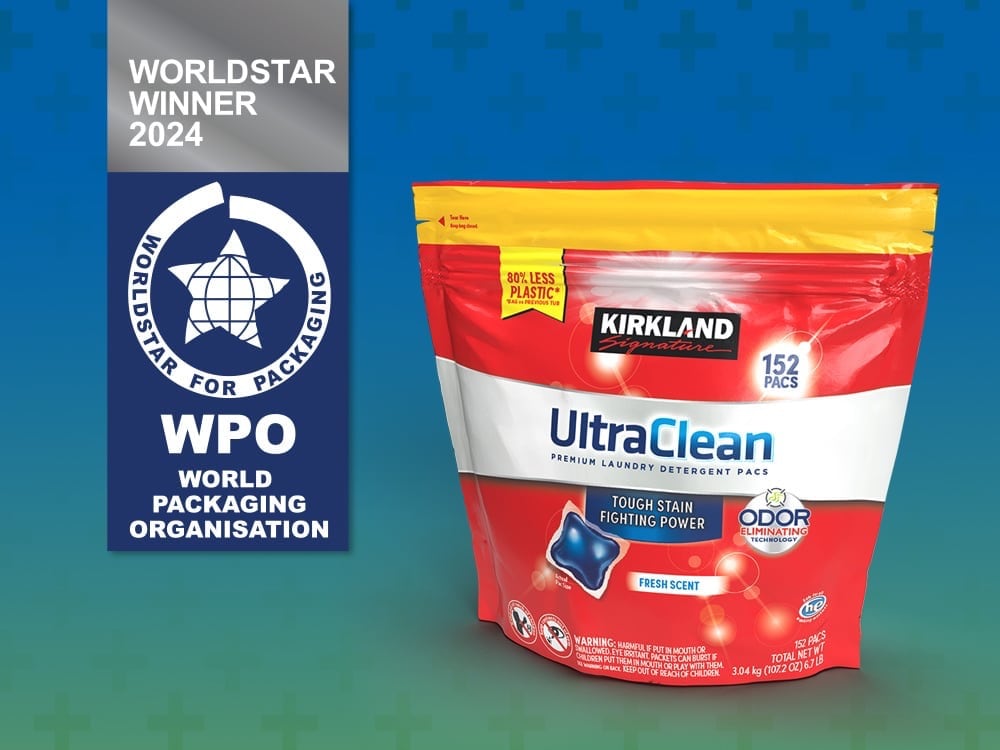
For Costco, making this switch from a rigid cannister to a recyclable flexible pouch resulted in 80% less plastic use and 1.2 million pounds of resin saved annually, as well as an 85% reduction in carbon footprint and more than 600,000 gallons of diesel fuel saved annually for a single SKU. These outstanding outcomes hint at the potential impact of extending such practices across entire categories or retail chains. In addition to significantly reducing materials used to create the brand’s new package, the pouch is also fully recyclable, allowing for a regenerative product lifecycle as materials go back into the supply chain.
Post-Consumer Recycled Materials
Utilizing post-consumer recycled (PCR) materials also presents a crucial opportunity for consumer-packaged goods (CPG) brands to close the loop on plastic production and mitigate their environmental impact. Derived from materials that have completed their initial lifecycle and have been recovered through recycling programs, PCR plastics offer a sustainable alternative to traditional, single-use plastic production methods.
The incorporation of PCR plastics significantly reduces the need for extracting raw materials, thereby conserving resources and lessening the environmental burden associated with plastic production. By updating our original Child-Guard® technology to include a track option made from at least 25% PCR materials, the Fresh-Lock team aims to enhance sustainability in packaging while helping reduce the industry’s reliance on virgin plastics. Continuing our commitment to environmental stewardship in the packaging industry, the Fresh-Lock team is currently working toward increasing the percentage of PCR materials used in our PCR products.
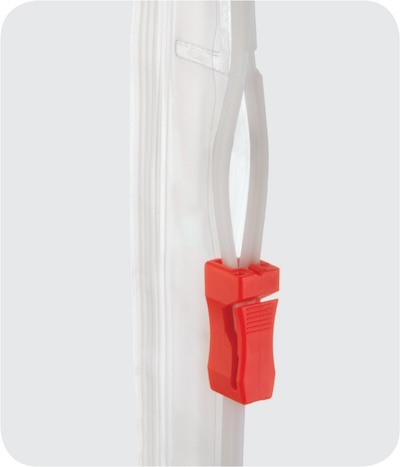
By embracing recycled materials, CPG brands can actively contribute to the reduction of single-use plastics, mitigating the environmental harm caused by pollution and promoting a circular economy where materials are reused rather than discarded. This shift towards recycled materials represents a pivotal step in fostering a more sustainable future for generations to come.
Not All Plastic Packages Are Created Equal
As brands create packaging solutions that cater to the sustainability-minded consumer, it’s important to recognize that not all plastics are created equal.
Meet our target personas, Sustainable Stacy and Sustainable Sam: these individuals are not just passive consumers—they are actively engaged in making a positive impact on the planet, and expect that brands do the same.
Sustainable Stacy, a well-educated millennial, is deeply concerned about over-consumption and waste. She understands the intricate connection between manufacturing processes and environmental degradation. Stacy believes in voting with her dollars by supporting brands that prioritize sustainability. For her, buying greener products helps her feel better about her choices as she believes she is contributing to a more sustainable future.

On the other hand, Sustainable Sam, a member of Generation Z, is vigilant about holding companies accountable to their sustainability claims. Sam and fellow Gen Z’ers meticulously read the fine print to ensure that a brand’s actions align with its messaging, wary of greenwashing tactics. Sam not only seeks greener products, but pushes for the greenest options available, challenging brands to continuously improve their sustainability practices.
For both Sustainable Stacy and Sustainable Sam, Earth Day isn’t confined to a single day of the year—instead, sustainability is a year-round commitment. The two believe that manufacturers bear the responsibility for sustainable practices throughout the supply chain. Consequently, they both actively research brands and look for transparent messaging that communicates a genuine commitment to sustainability.
In this landscape, sustainability messaging plays a pivotal role. Brands must effectively communicate their environmental initiatives to resonate with consumers like Stacy and Sam. Additionally, addressing the knowledge gap surrounding plastic is crucial. Flexible packaging, for example, often outperforms other materials like glass in terms of carbon emissions, yet this information may not be widely known.
Upgrade Your Plastic Packaging Materials Today
When brands focus on source reduction and opt for packages made from PCR materials, it helps empower consumers by educating them about the sustainability benefits of their products and packaging, ultimately helping foster trust and driving meaningful change.
Whether you’re looking to transition from rigid to flexible or want to incorporate other methods of source reduction into your packaging, the Fresh-Lock team is here to help. Make today Earth Day—contact the Fresh-Lock team to find out how we can help you stand out in the market to sustainability-minded consumers.
Additional sustainable packaging blogs you may be interested in reading: Revolutionizing Packaging: The WorldStar Global Packaging Awards, 2024 Packaging Trends Revolutionizing the Industry, and How Brands Can Help Reduce Food and Packaging Waste Post Purchase.

 Back to Blog
Back to Blog